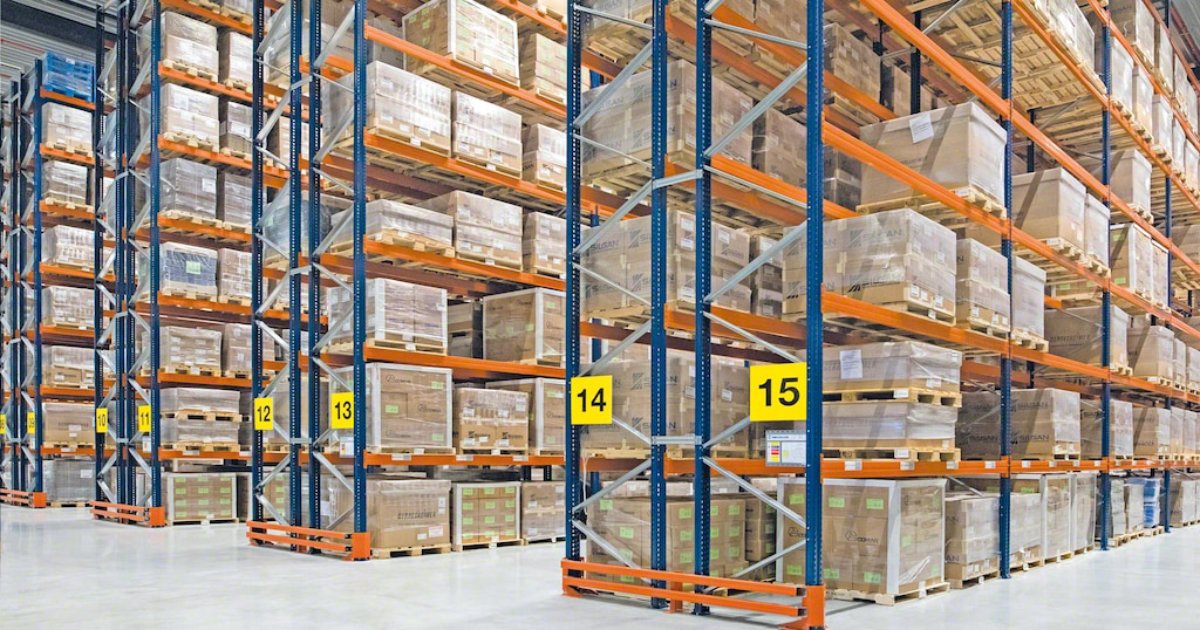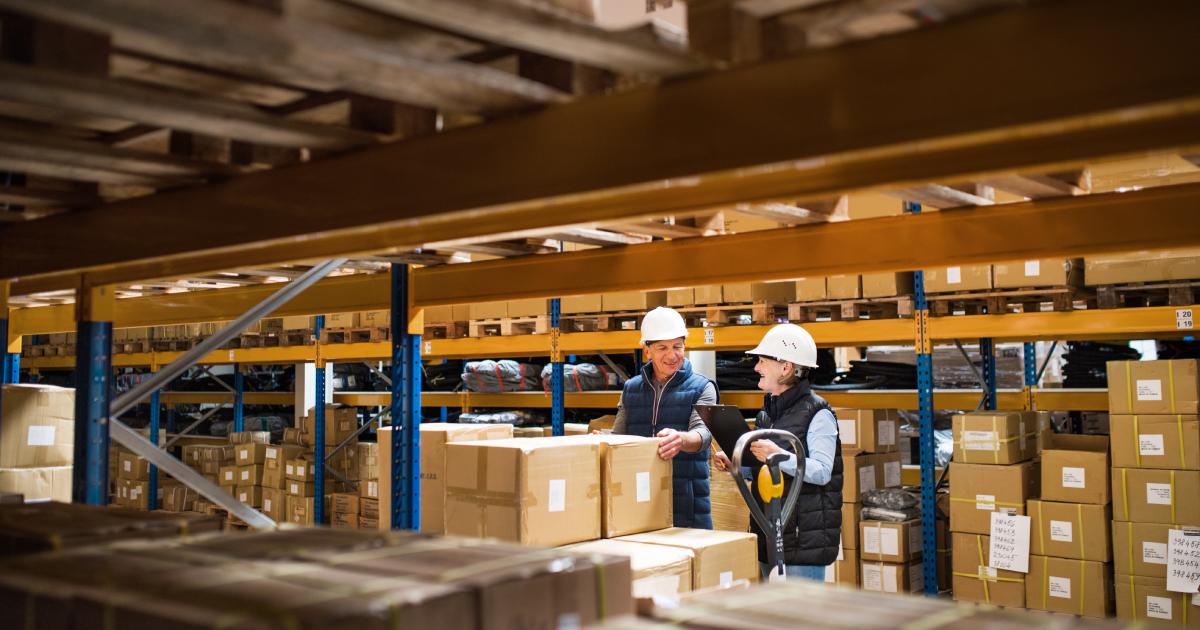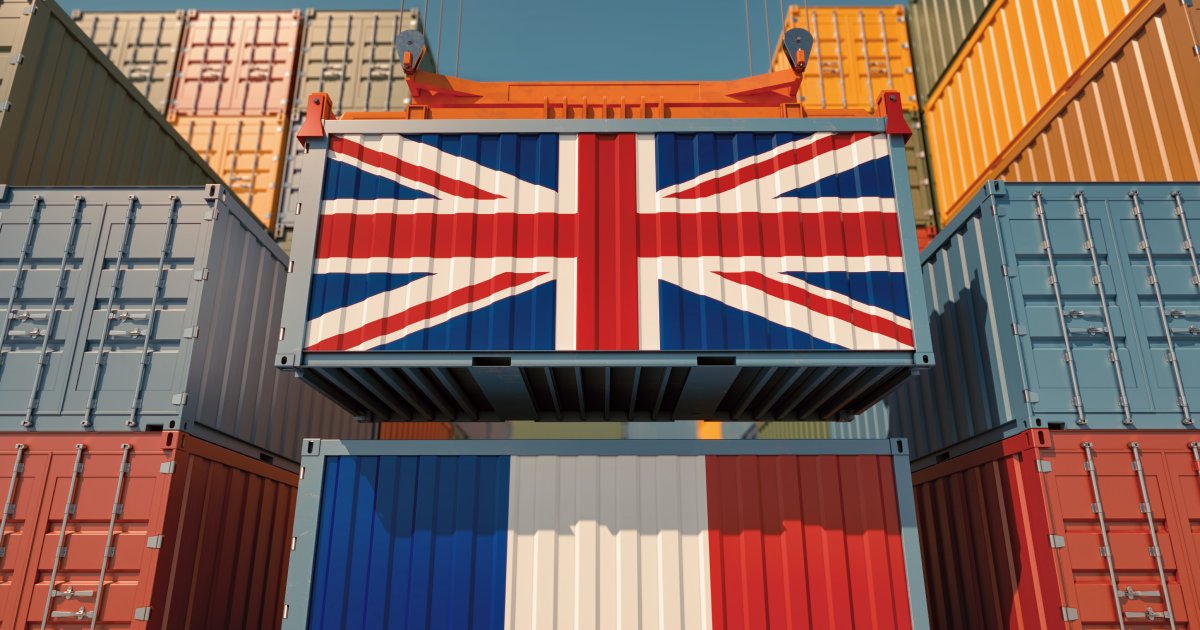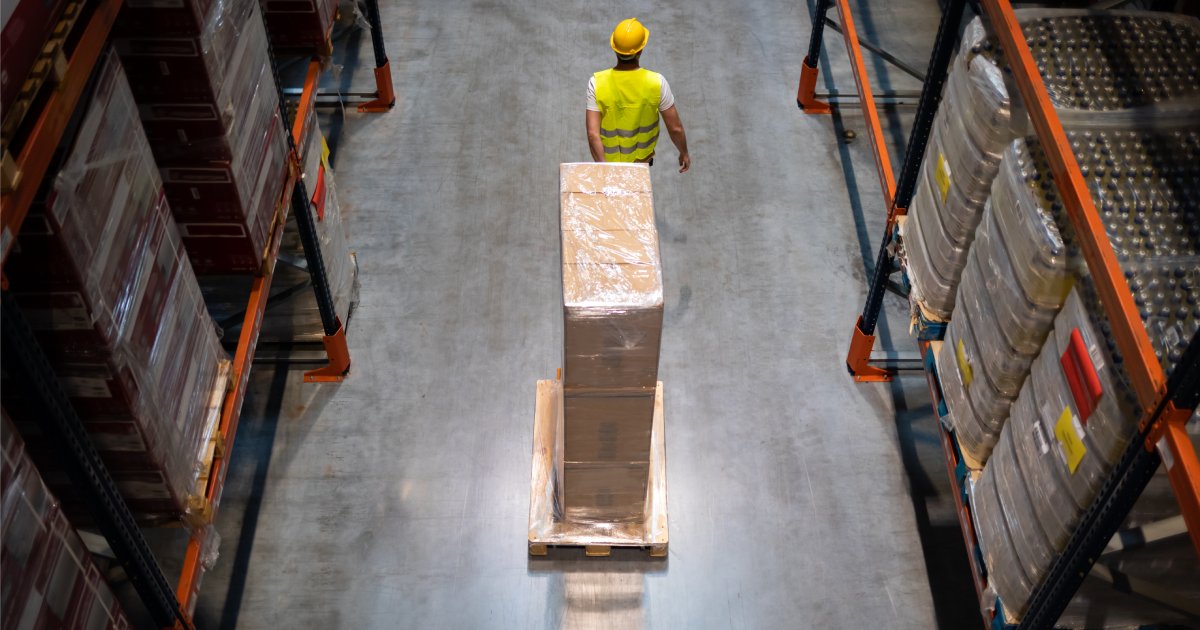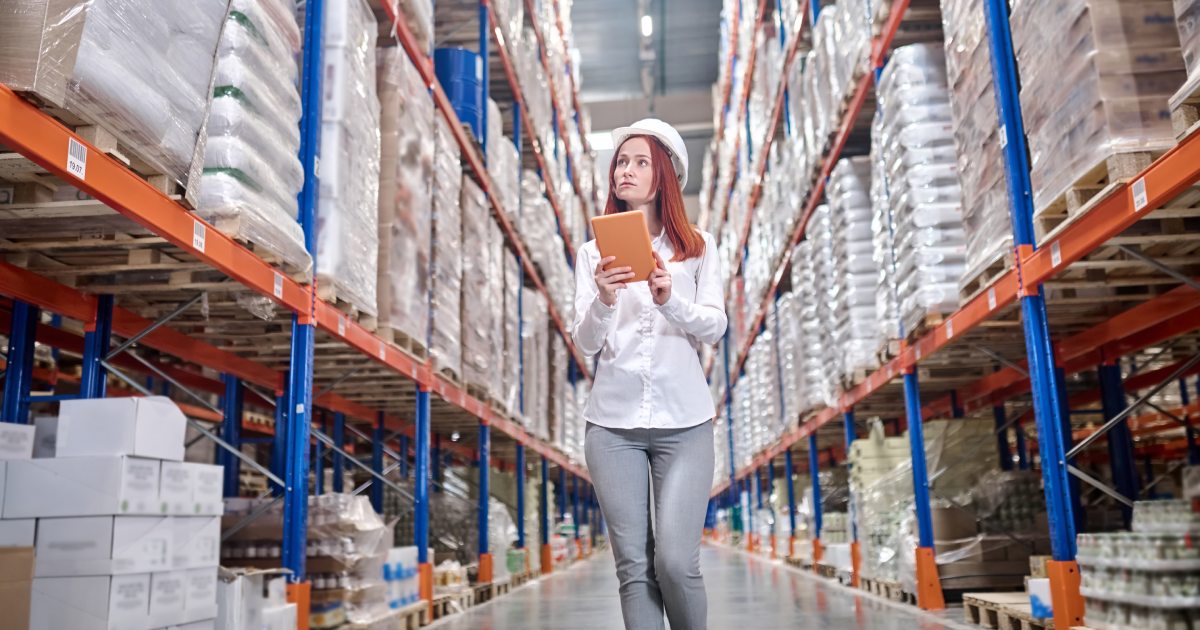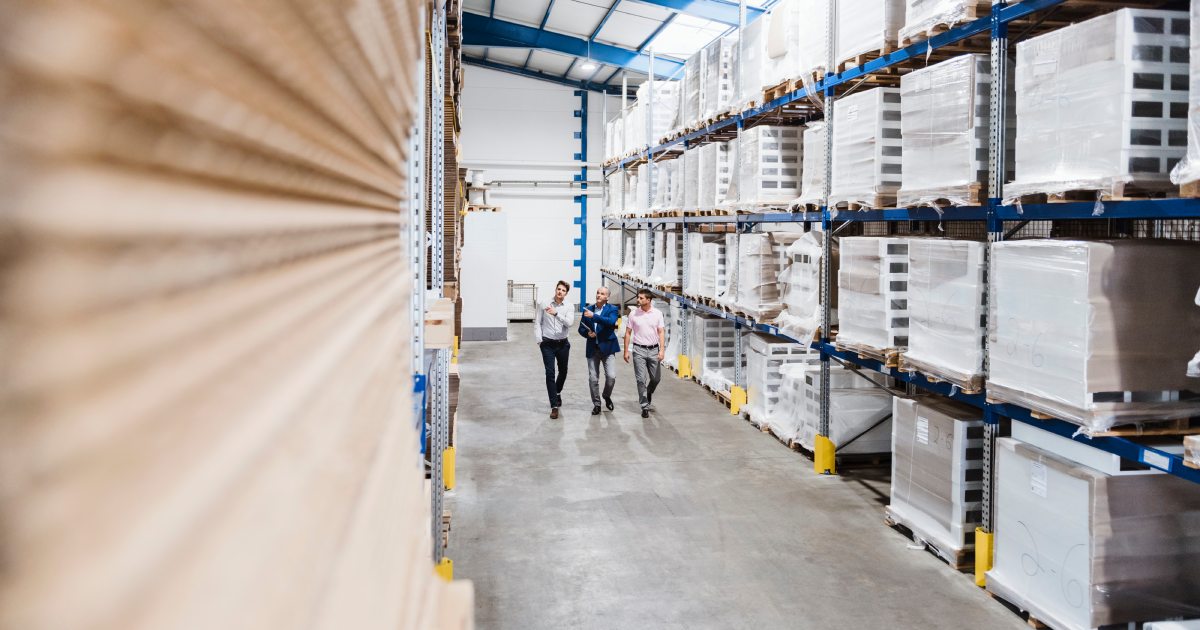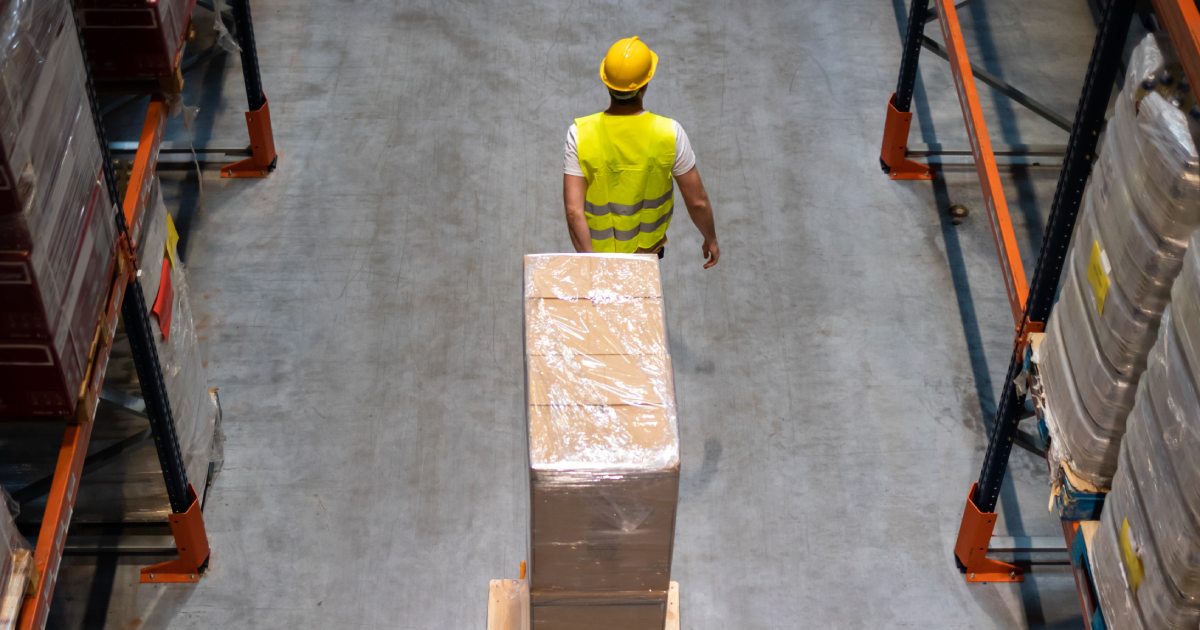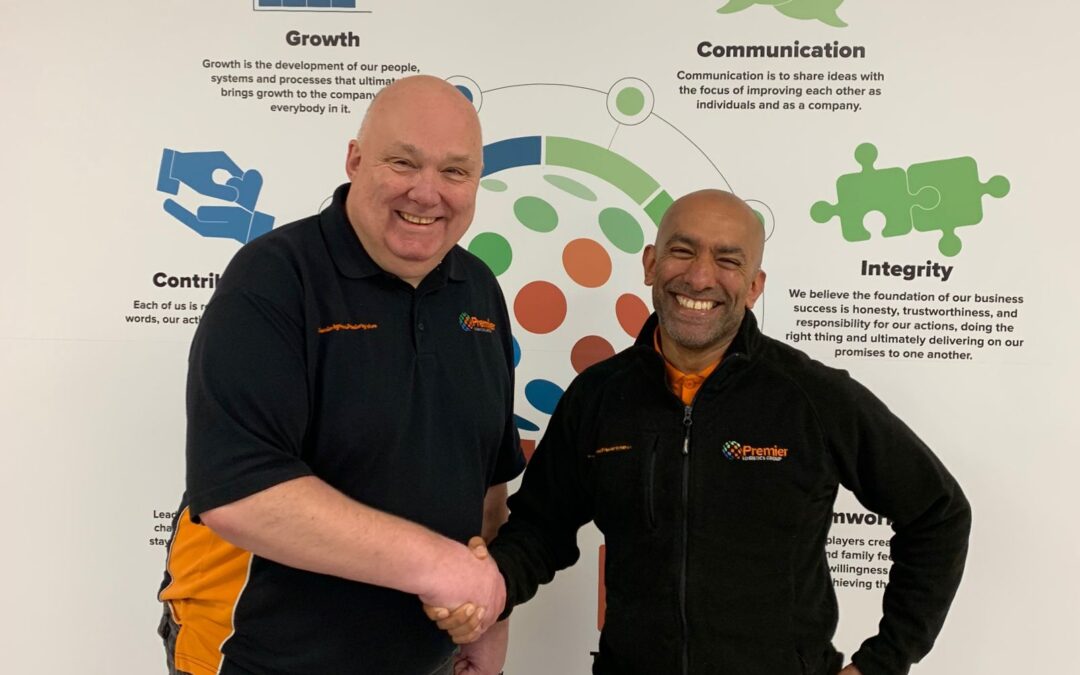Choosing a third-party logistics provider (3PL provider) is a big deal.
Because it’s such a big decision, company leaders can feel overwhelmed by the amount of choice and the complexities of the logistics industry.
It can of course feel scary to let go of such a huge part of your manufacturing business and hand it over to people outside of your organisation. Hence why it’s so important to be able to trust a 3PL provider.
Once you’ve established a trusting and reliable relationship, you can free up valuable time and resources to concentrate on core competencies and strategic moves for your business.
We recommend asking a variety of questions to help make your decision easier and more informed.
Why getting the right third-party logistics provider is vital
One key reason why choosing the right third-party logistics provider (3PL) is important is because it allows you to focus on growing your business.
Collaborating with a reputable 3PL provider helps ensure that your company operates sustainably. As sustainability becomes an integral part of business practices, working with a 3PL that prioritises environmentally friendly solutions can positively impact your brand image and attract like-minded customers.
Scalability is another crucial aspect that the right 3PL brings to the table. As your company grows, it’s essential to have a logistics partner who can adapt and expand alongside you.
A flexible 3PL provider will be equipped to handle increased volumes, new markets, and changing customer demands without compromising efficiency or customer satisfaction.
Additionally, choosing the right partner contributes significantly to building a solid reputation for your company.
A well-established logistics partner with expertise in their field will enhance your credibility among clients and stakeholders alike. Their industry knowledge and experience will ensure smooth operations while delivering exceptional service levels consistently.
Selecting the right third-party logistics provider for your company goes beyond mere cost savings. It impacts every aspect of your business – from sustainability practices to scalability potential and overall customer satisfaction.
By making this crucial decision carefully, you set yourself up for long-term growth, success, and an enhanced brand reputation in today’s competitive marketplace.
What to ask before you sign up
To make an informed choice, here are 19 examples of questions to ask your potential third-party logistics provider (3PL).
- What services do you offer?
Ensure they offer the specific services your company requires. You may need services like warehousing, transportation, order fulfilment or inventory management.
- What is your approach to sustainability and environmental responsibility?
Take a look at their policies and commitment to eco-friendly practices. Do they align with your company’s sustainability goals and ethics.
- What insurance coverage do you have?
Ensure they have adequate liability for storage and distribution insurance to protect your products and your reputation.
- Can you provide case studies related to my industry?
Request real-world examples of their performance and problem-solving abilities. In particular, do they have any examples of clients they’ve succeeded with that have similar needs to your own company? Understanding their industry-specific experience can give you insights into their ability to meet your unique needs. Speak with their existing clients to gauge their satisfaction and reliability.
- What is your pricing structure?
Understand their fee structure. There should be no hidden costs. The contract should be clear and easily understood.
- What are your performance metrics and Key Performance Indicators (KPIs)?
Understand how they measure and report on their service quality, including on-time delivery, order accuracy, and inventory accuracy.
- What is your geographic reach?
Assess if their locations align with your supply chain and distribution needs. A well-located 3PL can reduce transit times and costs.
- Can you scale with our business?
Ensure they have the capacity to accommodate your growth without disruptions to service quality. This means they can be flexible and are able to deliver additional services when needed.
- What is your onboarding process and timeline?
Learn about their onboarding procedures and how they will get to know you and your business. They should be clear with you on how long it typically takes to become fully operational.
- What is your communication and customer service process?
Clarify how they handle communication, reporting, and issue resolution to ensure a smooth partnership. A trusted 3PL should work with you to make communication as easy and transparent as possible.
- What technology and systems do you use?
Ask about their warehouse management system (WMS), transportation management system (TMS), and order tracking capabilities to ensure they align with your tracking and reporting needs.
- How do you handle inventory management and control?
Similarly to asking about technology systems, inquire about their processes for tracking, managing, and reporting on inventory levels, accuracy, and turnover. It’s one thing to have the technology, but will they be utilising it in a way that benefits your company? And will they be able to provide you with sufficient data to retain you as a customer?
- What is your disaster recovery and business continuity plan?
There’s been a lot of upheaval in the logistics industry over the past few years. Assess their readiness to handle unforeseen disruptions, such as natural disasters or system failures.
- How do you manage and optimise transportation costs?
Ask about their transportation strategy, carrier relationships, and cost-saving initiatives. These are factors that could result in cost savings for your company.
- How do you handle returns and reverse logistics?
Understand their processes for managing product returns, recycling, or disposal. These can impact the end customer and therefore your reputation.
- Are you compliant with industry regulations and certifications?
Ensure they meet relevant industry standards, such as ISO certifications or FDA compliance, if applicable to your products.
17. Can I visit your premises?
It’s also a great idea to visit their facilities, meet their team, and evaluate their technology and systems in person whenever possible to make an informed decision.
In conclusion
These questions should also help you to realise what your company’s needs truly are too.
Whichever 3PL partner you choose, your decision should be based on a thorough evaluation of your specific needs. These questions can serve as a starting point.
